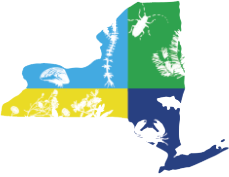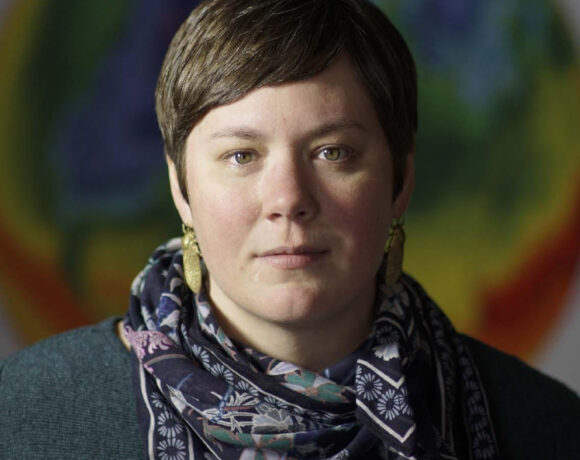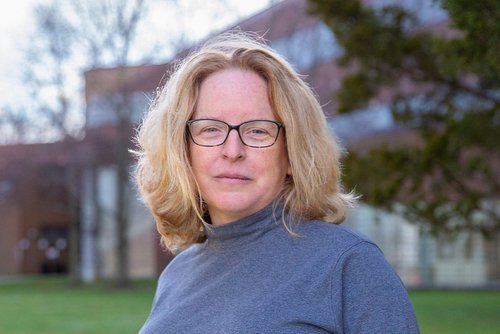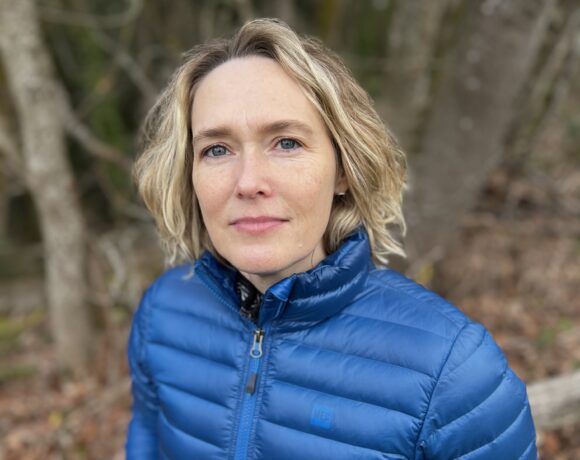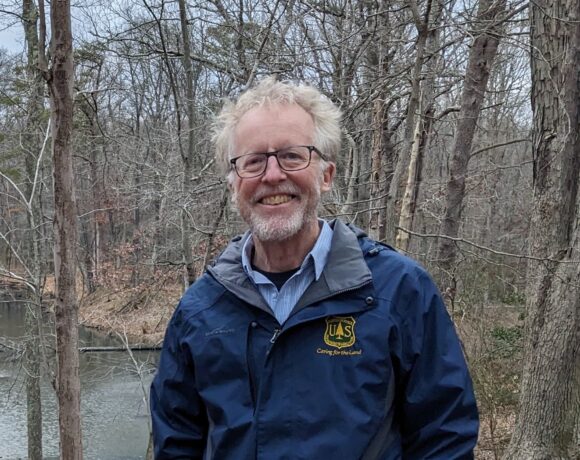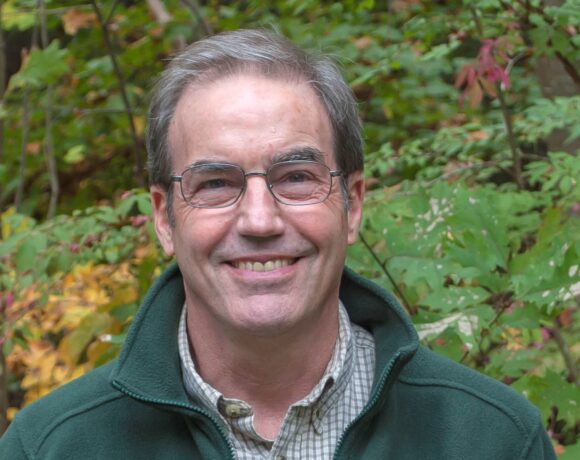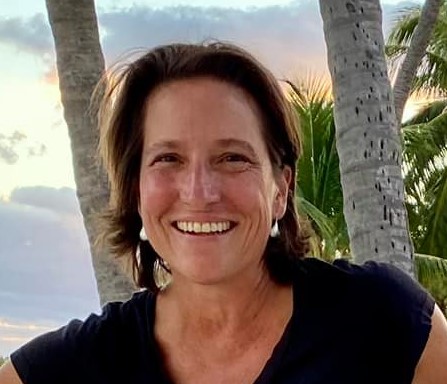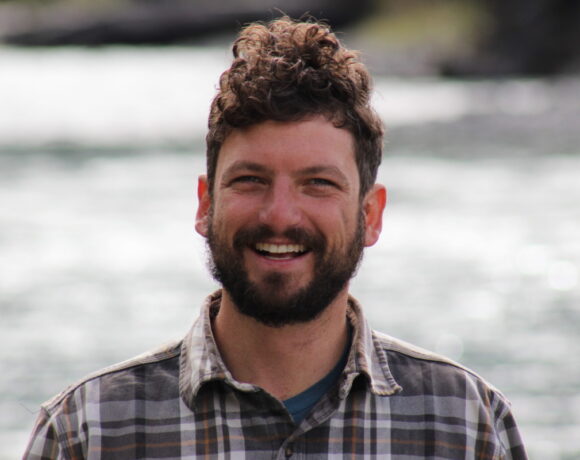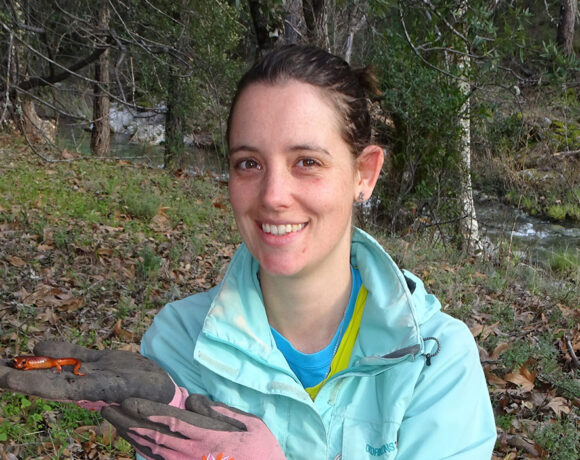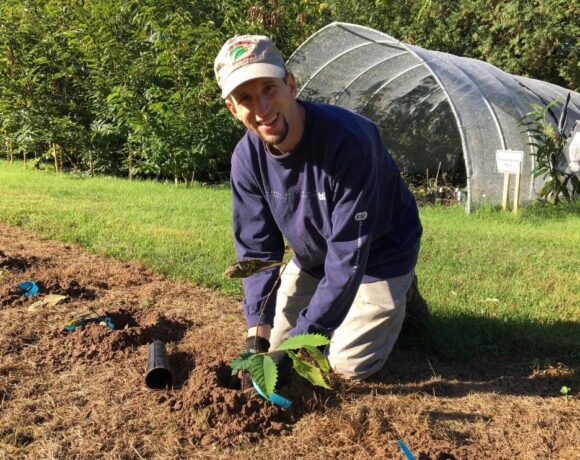This month, NYISRI interviews Dr. Scott McArt who leads research on the ecology of plant-pollinator interactions in natural and managed systems. The McArt lab also helps advance our knowledge of pesticide risks to pollinators.
What kinds of research questions related to invasive species or natural resource management have you recently asked or are you currently asking?
We’re a pollinator health lab, so we’re interested in topics related to conservation of wild bees and sustainable management of managed bees. One recent project was determining the importance of invasive plant species (e.g., spotted knapweed) for honey production by beekeepers in New York. Another project has looked at preference for native vs. non-native plants by native bees vs. managed honey bees. A more recent project is looking at how floral dietary preferences by native vs. non-native mason bees impacts their susceptibility to fungal pathogens.
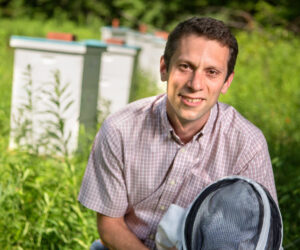 What are the basic methods you are using to answer your research questions?
What are the basic methods you are using to answer your research questions?
We spend a lot of our time in the field during the summer doing surveys of bees at flowers, manipulating honey bee hives and bumble bee nests and mason bee nests, and collecting various bee and flower samples. Back in the lab, we ID lots of native bees (my lab manager, Paige Muniz, is a native bee systematics expert). We do bioassays with live bees in our lab and also do molecular and chemical work.
Do you have a personal story or path that led to your interest in this research?
I’m a conservationist at heart, and a scientist by training. Pollinator health is ideal research area that allows me to do conservation-oriented science.
What’s the most important thing about your research for stakeholders, managers, or policy makers to know?
Our lab is heavily involved in pesticide risk assessments for bees currently. That’s the main topic where we’re interfacing with policy makers and managers currently. But we have interacted with state agencies and beekeeping groups on the topic of invasive plant species in the past.
What do you hope the long-term impact of your work will be?
I hope we better understand how to improve pollinator health and follow through with actions to do so.
For more info, visit:
Recent article on introduced plants and pollinators: https://onlinelibrary.wiley.com/doi/full/10.1002/ece3.6417
McArt Lab website: https://blogs.cornell.edu/mcartlab/
Pollinator network website: https://cals.cornell.edu/pollinator-network
Chemical ecology core facility: https://blogs.cornell.edu/ccecf/
Read more researcher spotlights:

